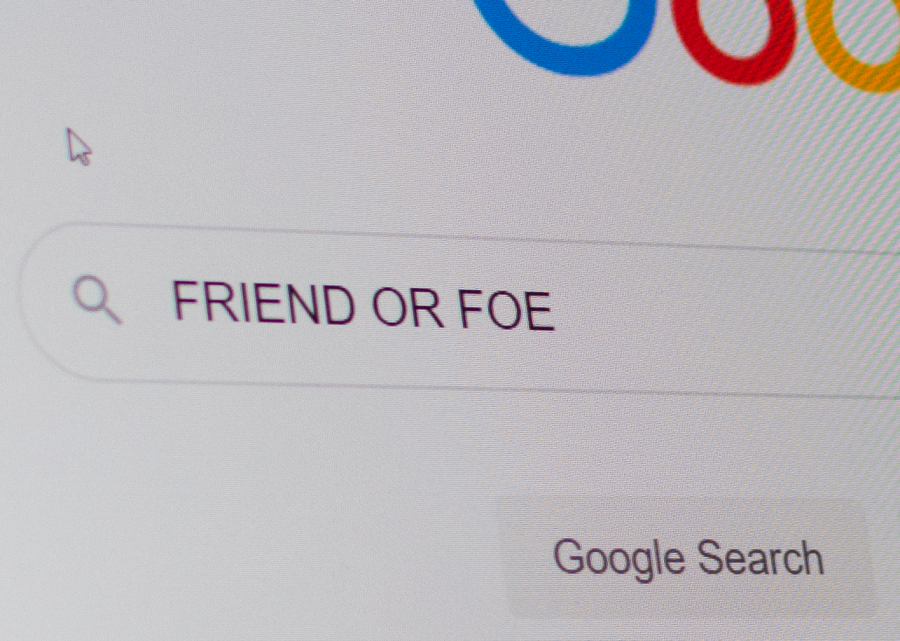Google: friend or foe?
Is Google as safe as we think?
Google is listening to us even when we don’t know it.
November 18, 2019
Many of us spend time each day checking our email, watching YouTube, or just searching Google. These activities have become mundane, everyday activities for today’s new technology savvy populous. But what these people might not know is that their Gmails, YouTube, and Google search information are all being collected and used by Google.
“I don’t know how Google uses my information,” junior Henry Reeder said. “I have no clue.”
Since 2008, Google has been collecting user search information and history to provide users with targeted ads and recommendations. The company claims this creates a better, more customized experience for users. Much of the success and quality of such apps, and even Google as a whole, can be credited to this wide amount of data at their fingertips.
“It’s an invasion of privacy but the problem with that is do I really care,” junior Will Griesemer said. “Google is spying on me, but I am still going to use Google.”
Unlike the major privacy related concerns people have over Facebook people are fine, or even happy, with Google’s use of user information. Google’s most used and highly regarded applications, such as Google Maps, YouTube, and Google Chrome, are all greatly helped or even rely on this use of user information.
“I thought it was kinda creepy,” freshman Nolan Chickering said. “But at the same time you’re also using their services so I guess they have the right to do what they want with your information.”
With the information Google attains from users, it can disseminate this information to companies seeking to place and target ads. By using such data, companies hope to attract you while you are most interested, following you across sites and platforms.
“I was looking at backpacks on amazon and then I was on another website and there was an ad for backpacks on the side,” Chickering said.
Griesemer had a similar encounter with targeted ads.
“I looked up where pet smart was because I was going to get food for my dog and then it was like ‘hey look at all these dog food types, I’m sure you want those,” Griesemer said. It’s not helpful.”
Both Chickering and Griesemer found targeted ads to be both unhelpful and annoying. They agreed that Google’s use of private information was creepy and wrong. But despite what they thought of Google’s data policies, their opinions of Google were unwavering.
“Is it creepy? Yes it is,” Griesemer said. “But you know it’s the price you pay for Google, there is a price for everything and nothing is free.”








